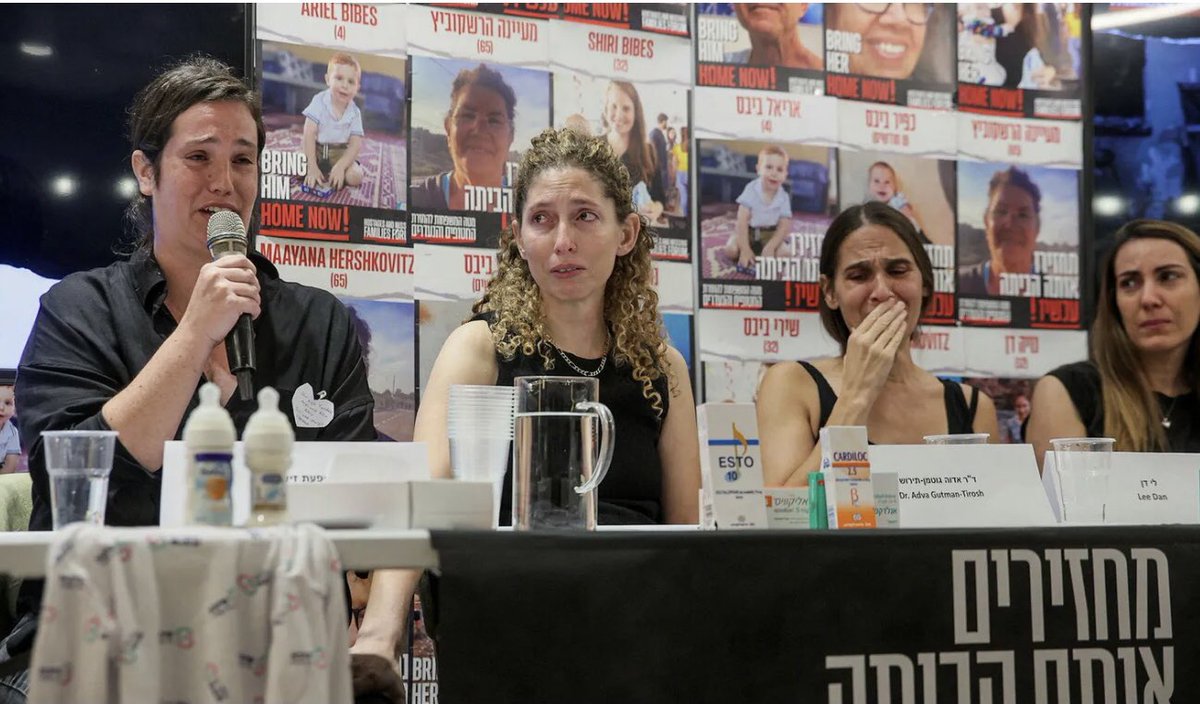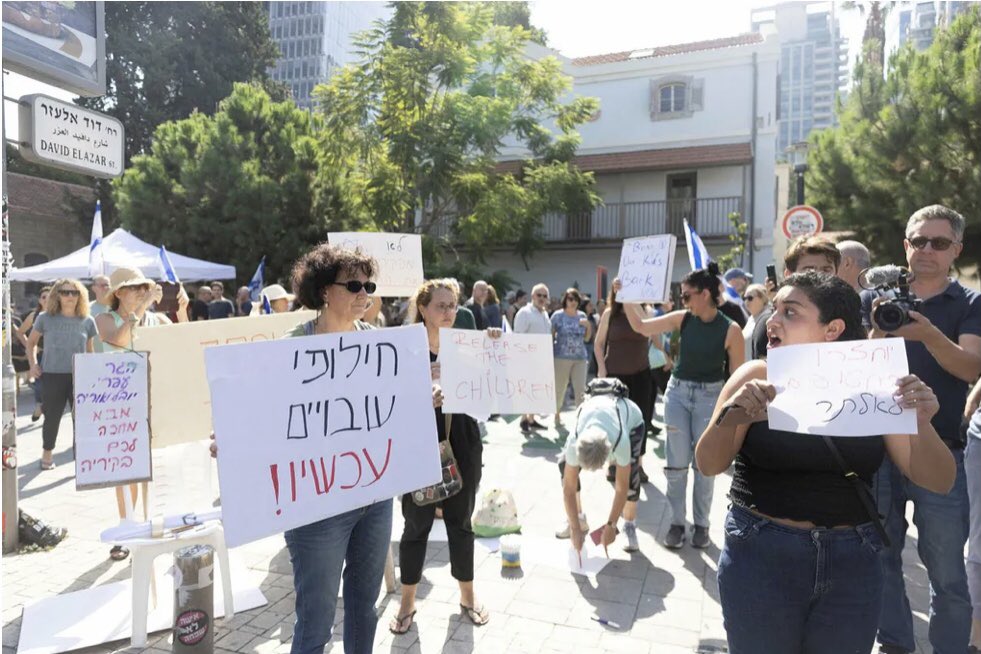I wrote this 6 weeks ago, 24 hours since the war started and I’ve been thinking about it since. What were Hamas thinking and will there be a point that whoever is left of its leadership admits it made a massive strategic mistake? Or will they forever see October 7 as a victory? >
https://twitter.com/anshelpfeffer/status/1710861419288150206
Put aside a moment your personal opinion of Israel’s response, whether you think its fully justified, flawed or downright evil. The result is now that Gaza City is in ruins and 1.5m Gazans have been displaced. And it was entirely predictable. Was Hamas predicting this? >
We can’t ask any Hamas leader now. Hamas-watchers I have been asking may not be the best people to ask since they all failed to see October 7 coming. But that’s what we have for now. The majority view is this was a massive strategic miscalculation by Hamas chief Yihya Sinwar >
Sinwar spent years in Israeli prison, studied Hebrew, spent long hours talking with Israeli intelligence officers and is known to be a big consumer of Israeli media. In 2011 he was the point-man on the Shalit prisoner exchange deal which also got him out of jail and back to Gaza>
Over the past 12 years Sinwar built his position as Hamas boss in Gaza; the first to effectively lead both political and military wings. He also continued a personal dialog with Netanyahu through various go-betweens, hoodwinking Bibi that he was focused on building Gaza, not war>
October 7 was Sinwar’s personal triumph. He succeeded in convincing the Israeli leadership, defense establishment and intelligence community from Netanyahu downwards, that he preferred consolidating his hold on Gaza to launching all-out war. He sold them what they wanted to hear>
But the question remains unanswered. Did Sinwar expect the Israeli response? The majority of Hamas-watchers who think he didn’t predict this are basing their assessment on this on intel from Hamas networks indicating widespread surprise at Israel going all the way into Gaza City>
The assessment is that Sinwar based his strategy on Israel’s reluctance to go into central Gaza in 2009 and 2014, on the lopsided Shalit deal and on what he’d seen of Netanyahu’s hesitancy. Also on a misplaced belief that Iran would send Hizbullah to Hamas’ aid. Makes sense, but>
There’s a minority view that Sinwar was aware when he launched the October 7 attack that he may be sacrificing Gaza in doing so. But that he felt the destruction of Gaza City by Israel would be worthwhile because it would trigger a regional war swamping Israel on multiple fronts>
This may be true. So far a regional war hasn’t doesn’t seem to be happening. But it does mean that Sinwar still has a strategy and whatever Hamas does is aimed at making it happen. It’s why he’s not allowing the captive media in Gaza show the destroyed city but Al-Shifa instead >
https://twitter.com/anshelpfeffer/status/1725952600598622492
Hamas controls the media output from Gaza & doesn’t want the Arab world to see the destruction of Gaza City. It wants them to see Israeli soldiers going into hospitals and other remaining pockets of civilians still in Gaza. Sinwar’s hope is for an incident triggering regional war
• • •
Missing some Tweet in this thread? You can try to
force a refresh

 Read on Twitter
Read on Twitter





